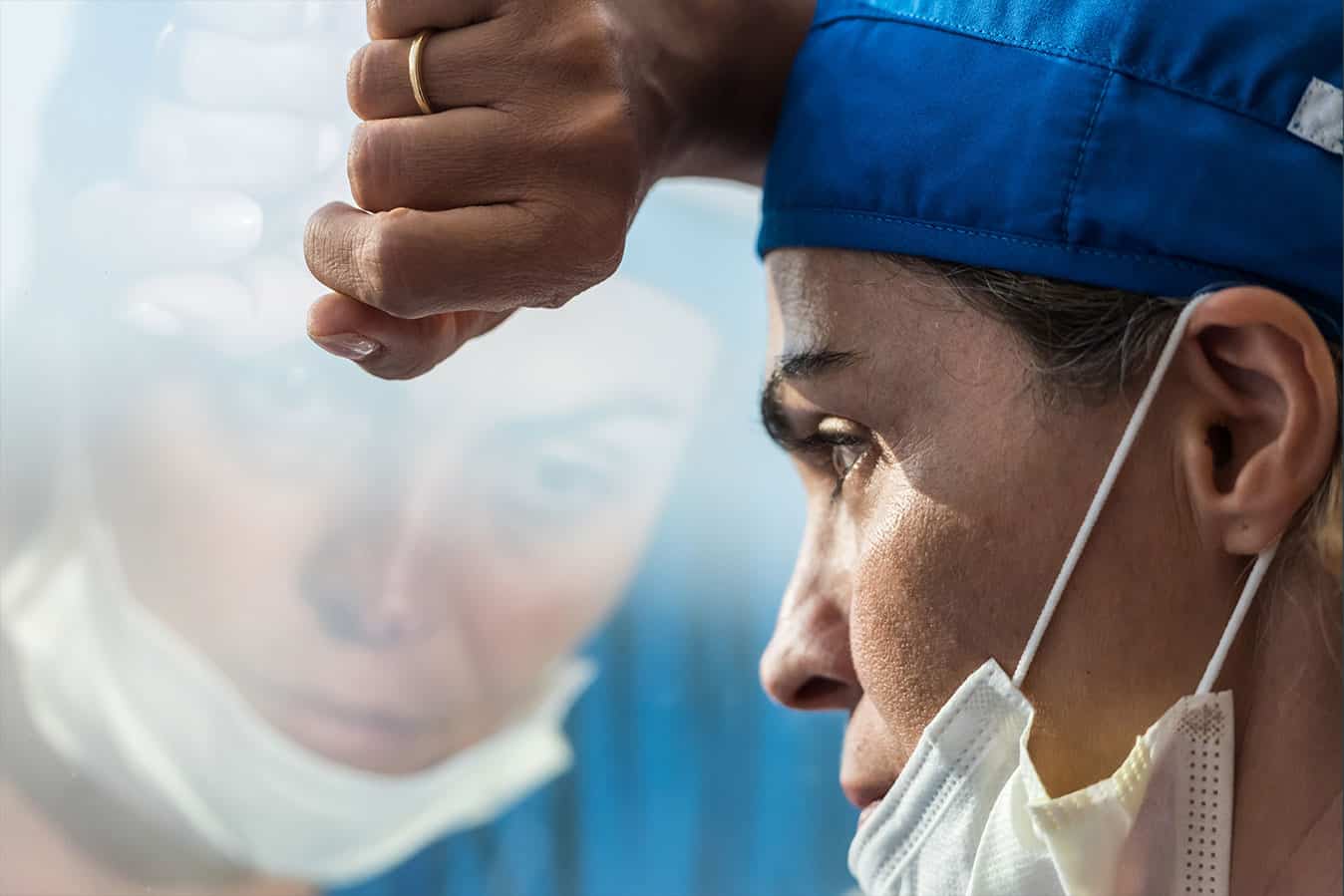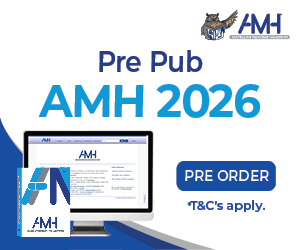More than 1,000 nurses have died from COVID-19 globally but the true number is almost certainly significantly higher, a new report from the International Council of Nurses (ICN) has revealed.
In April, ICN first reported that 100 nurses had died from COVID-19. An update in May showed that 90,000 healthcare workers worldwide had been infected and more than 260 nurses had died. The number of nurse deaths climbed to more than 600 by June.
Since the beginning of the pandemic, ICN has been calling for safe work environments, protection of the healthcare workforce and standardised data collection on healthcare worker infections and deaths. But there is still no global system recording the number of nurses and other healthcare workers who have contracted or died from the disease.
ICN’s latest report highlights data from a survey of 33 of its National Nurses Associations in 32 countries with high numbers of COVID-19 caseloads. It also gathered information from other sources such as national public health agencies and credible media reports to paint a picture of overall numbers.
The survey covered issues related to nurses and other healthcare workers during the COVID-19 pandemic, including the number of infections and deaths, personal protective equipment (PPE) supply, infection prevention and control training, violence against the health workforce and the psychological support provided to nurses.
Key findings of the report reveal that as of 14 August:
- 572,478 healthcare workers have been infected with COVID-19 in ICN’s dataset from 32 countries, an average of 10% of all confirmed cases. In Mexico, nurses made up 42% of confirmed healthcare worker infections, the highest nurse infection in the data.
- The number of reported COVID-19 deaths in nurses in 44 countries where data was available is 1,097, but ICN believes the number significantly underestimates the situation.
- Only 48% (16 out of 33) of the NNA’s reported that COVID-19 is recognised as an occupational disease for healthcare workers.
- About 45% of the NNA’s reported that compensation is available from the government for healthcare workers infected with COVID-19 following exposure in the workplace. Among countries providing adequate compensation, the eligibility of claiming the compensation varies widely. Some NNA’s states that compensation only honours nurses who have died from COVID-19.
- More than 70% of NNA’s surveyed received reports of incidents of violence or discrimination against frontline health workers due to COVID-19. Incidents reported included discrimination, verbal aggression, physical assaults and psychological harm. Retaliation within communities was reportedly based on the ability of healthcare workers to carry and spread the virus.
- 45% of the NNA’s indicated moderate to severe shortages of personal protective equipment (PPE) in long-term care facilities in their countries.
In response to the findings of the report, the ICN has made several recommendations reinforcing its call to action.
Specifically, it is calling for the implementation of standardised data collection on healthcare worker infections and deaths, the recognition of COVID-19 in the workplace as an occupational illness, and ensuring sufficient provision of appropriate PPE and evidence-based training in all healthcare settings.
It would also like to see a commitment to a zero-tolerance approach to violence and discrimination against nurses and other healthcare workers, and governments commit to prioritising COVID-19 vaccination for nurses and healthcare workers when available.
ICN President Annette Kennedy said the organisation’s latest report showed the broad impacts of COVID-19 on nurses and other healthcare workers.
“ICN’s latest survey is a disturbing snapshot of how nurses and other health workers are still being exposed to COVID-19 and all its associated risks, including violence and prejudice, mental illness, infection and in what we now believe to be possibly thousands of cases, making the ultimate sacrifice of paying with their lives,” Ms Kennedy said.
“We talk about the new norm created by the pandemic, but it has also confirmed some long-understood truths in the nursing community, that nurses are undervalued, underpaid and sometimes treated as expendable.”
ICN CEO Howard Catton said the report’s findings added to a growing list of failures by governments to act to protect nurses and other healthcare workers during the pandemic.
“By not collecting data on deaths and infections or recognising COVID-19 as an occupational disease, governments are effectively looking the other way. The consequence is that staff are left without equipment, training, testing, mental health or financial support. Make no mistake: by putting staff at risk governments are also putting patients at risk.”








